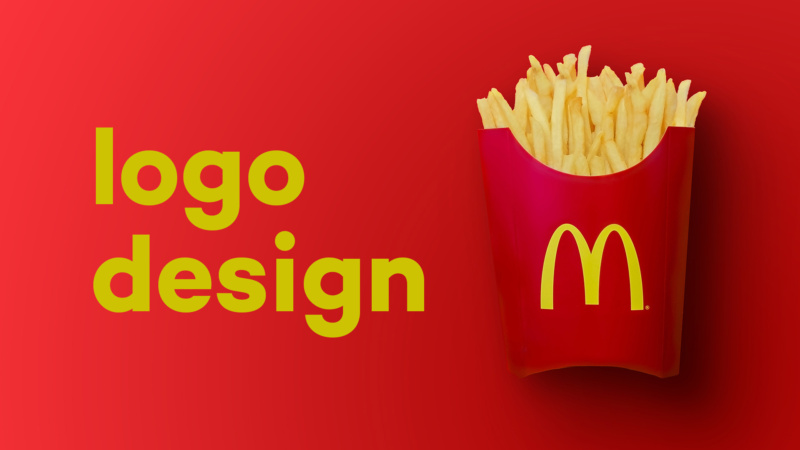Climbing Together: Reflection on our Reconciliation Journey

When Alphabet® first partnered with Tatâga Inc. (tah-ton-gah) to participate in the Reconciliation Assessment Report (RAR) program, we knew we were beginning something important. Now that we’ve “graduated,” I wanted to share what we learned, what we’ve done so far, and what comes next.
What we learned
If I had to sum it up in one word, it would be humility.
Reconciliation begins with reflection and, at times, discomfort. It asks us to look inward, to be honest about what we know, what we don’t, and how we can do better. As storytellers and strategists, we’ve always prided ourselves on being thoughtful in how we communicate, but this process reminded us that good intentions need structure and accountability.
Through the RAR process, we learned that reconciliation isn’t about perfection; it’s about participation. It’s a journey that grows through openness and effort, not checkboxes or slogans.
What the process was like
The RAR Program isn’t a plug-and-play framework. It’s a guided reflection that reveals as much about who we are as it does about what we do.
We began by documenting our policies, projects, and relationships with Indigenous communities, and speaking honestly about where we’ve made progress and where we still have work to do. The next step was working with Tatâga Inc.’s founder, Ali Tapaquon, who guided us through an assessment questionnaire that pushed us to think about the deeper impact of our practices and understanding of Indigenous culture and inclusion as an organization.
Tatâga’s final report didn’t shy away from the hard truths, and we’re grateful for that. It acknowledged our genuine commitment to reconciliation, visible through our work with partners like Makatew Workshops, Indigenous Tourism Entrepreneurship Training, and the Nunavut Tourism Cultural Strategy, among others. It also challenged us to take the next step: to turn that intent into a formal, strategic framework for how Alphabet® operates.
For years, much of Alphabet®’s reconciliation journey has focused on what we do for the Indigenous organizations and partners we’ve had the privilege to collaborate with. Those experiences have been humbling and eye-opening. But as we move forward, it’s time to shift that lens inward.
We’re now asking ourselves:
- How can we bring reconciliation home to Alphabet®?
- What does it mean to practice reconciliation not just in our client work, but in our culture, our operations, and our everyday choices?
That’s the work ahead — and it starts with us.
Introducing the Reconciliation Action Working Group (RAWG)
To help guide this next chapter, we created the Reconciliation Action Working Group (RAWG). A group of colleagues across departments dedicated to embedding reconciliation into how we think, operate, and show up every day.
The group’s purpose is threefold:
- Accountability: To ensure reconciliation isn’t a one-off initiative but an ongoing practice with measurable actions.
- Education: To deepen understanding and build cultural awareness across our team.
- Engagement: To strengthen relationships with Indigenous partners and communities through collaboration and respect.
Our RAWG meets regularly to review progress, explore new opportunities, and hold the agency accountable to the commitments we make.
The beginnings of an action plan
The final RAR gave us a clear roadmap for continued learning and accountability, and we’re now in the early stages of putting that plan into action. For us, accountability means more than checking boxes; it’s about weaving reconciliation into our everyday operations, from the projects we take on to the language we use, and holding ourselves to a standard of honesty and transparency along the way.
One of the first tangible steps we’ll be taking is adding a land acknowledgement to our website. We’ve started exploring what a digital land acknowledgement could look like and how to approach it in a way that feels both meaningful and educational. We want to prompt reflection, not just recognition, inviting thought without feeling performative.
We’re also exploring what a pro-bono Indigenous partner program could look like for Alphabet®. The idea is to formalize a way of giving back by offering strategic, creative, or digital services to Indigenous-led organizations each year. We hope that this becomes an ongoing opportunity to use our expertise in a way that supports and amplifies the voices of Indigenous communities.
Education will remain a cornerstone of our action plan. We’ll continue to take part in cultural awareness sessions with partners such as Makatew Workshops and participate in Indigenous conferences like the Forward Summit and the Indigenomics Institute. These experiences are invaluable for deepening our understanding and ensuring our work continues to evolve with respect and awareness.
Why it matters
Reconciliation isn’t just a moral obligation — it’s an opportunity to build stronger, more authentic connections.
For agencies like ours, it’s a call to examine how we tell stories, who we collaborate with, and what success truly looks like.
Tatâga’s founder, Ali Tapaquon, shared a quote from the late Honourable Senator and former Chair of the Truth and Reconciliation Commission of Canada, Murray Sinclair, that has stayed with us all:
“We have described for you a mountain. We have shown you the path to the top. We call upon you to do the climbing.”
Our climb is far from over — but we’re on the mountain now, together.
An invitation
To other businesses and organizations: take the first step. Partner with Tatâga Inc. or another Indigenous-led organization. Listen. Reflect. Act. It will change how you see your work — and yourself.
For us at Alphabet®, this process has been more than an assessment. It’s been a reminder that reconciliation isn’t something you complete; it’s something you practice. Every day. In every conversation. With courage, curiosity, and care.



